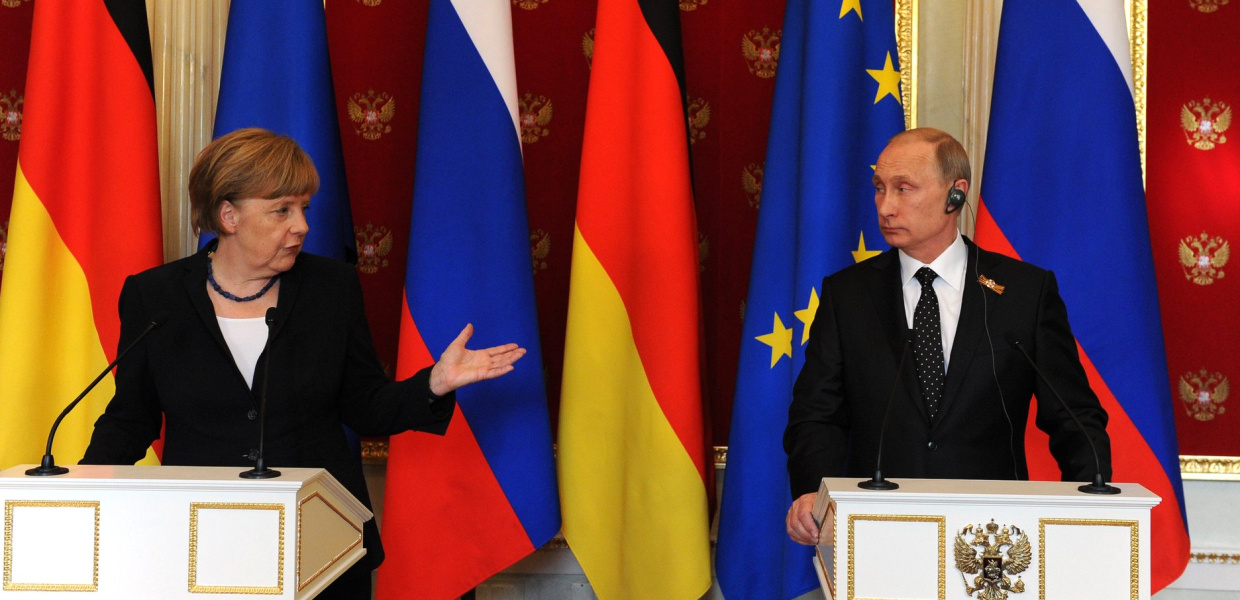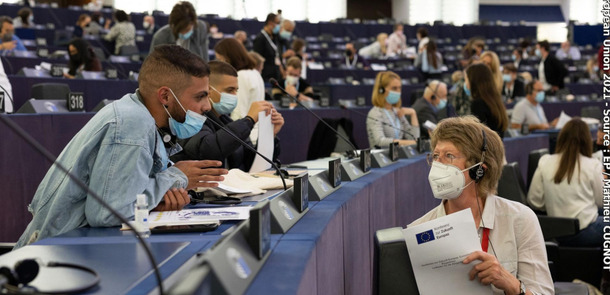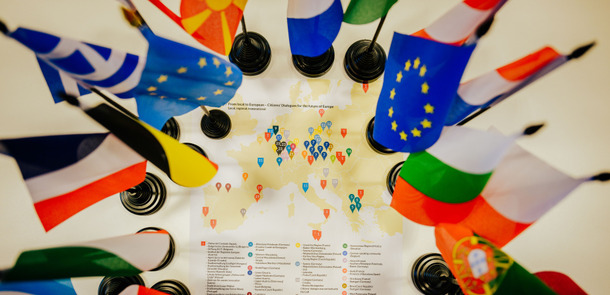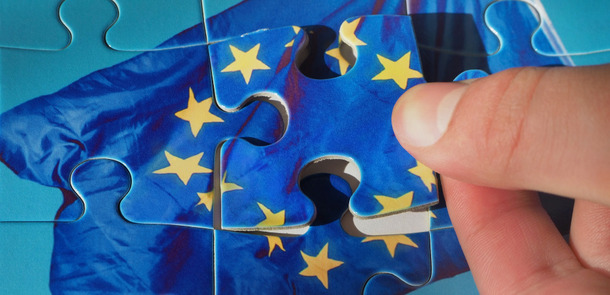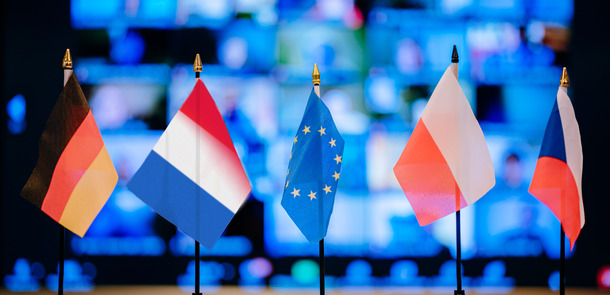The majority of Germans (64 %) does not consider Russia under Vladimir Putin an internationally credible partner. Only a minority of 18 % thinks German-Russian relations are good. This is the result of a new survey.
The representative survey was carried out by TNS Emnid on behalf of the Bertelsmann Stiftung and its Polish partner, the Warsaw-based Institute of Public Affairs, in March 2016.
The bad poll ratings for Putin, however, do not significantly impact Germans' general image of the Russians: two thirds of Germans accept Russians who would settle permanently in Germany (61 %; 2013: 59 %), Russian colleagues (69 %; 2013: 65 %) or next-door neighbours (65 %; 2013: 60 %). Yet the analysis also shows that those respondents who rather not trust in Putin's Russia transfer this attitude to the Russian people and vote more negatively when closer connections, such as friendship or familiar ties with Russian children-in-law are concerned.
"Russia under Putin may have lost considerable support among Germans, but this is not the case for the Russians as such. Acceptance for Russians in certain social roles, such as colleague or neighbour, has not suffered."
55 % of respondents rather not (43 %) or not at all (12 %) approve of the close interdependence of the German energy sector with Russia. Russia's military engagement in Syria is also seen negatively by the majority of respondents (66 %).
Almost half of the respondents (44 %) consider the policy of the German federal government vis-à-vis Russia in context with the Russian-Ukrainian conflict as correct. In consequence, almost half of respondents (46 %; 2013: 44 %) are also in favour of maintaining the sanctions against Russia as they are. However, only 16 % (2013: 23 %) vote for strengthening sanctions, with a quarter of respondents (27 %; 2013: 23 %) favouring their easing.
Germans wish for more inner-European cooperation
Germans do not feel militarily threatened by Russia (2016: 56 %; 2015: 51 %). This is one of the reasons why almost half of the Germans (49 %) are against establishing permanent NATO bases in Poland or the Baltic states even though 40 % of respondents, after all, would back such bases. Yet if Russia attacked Poland or the Baltic states, only a third of respondents (31 %) would advocate sending German troops to defend these countries.
The negative perception of German-Russian relations does not result in Germans' desiring closer cooperation with the United States. Since 2013, Russia as well as the US have kept their respective positions in the ranking of countries with whom Germans would like their own country to cooperate closely, but the US, ranking third, has had to record a significant decrease in popularity with Germans as compared to Russia on rank 9. Whereas, in 2013, 68 % of respondents favoured close cooperation with the US, in 2016 only 60 % do so. Close cooperation with Russia was approved by 34 % and 33 % of respondents respectively in 2013 and 2016.
"The Germans", says Aart De Geus, chairman and CEO of Bertelsmann Stiftung, "are now as before wishing for more inner-European cooperation, mainly with their neighbours in the EU." As in 2013, France ranks first with 78 % (2013: 75 %), immediately followed by the Netherlands with 76 % (2013: 75 %). The Brexit debate does not seem to have done much harm to Great Britain: more than half of the respondents (58 %; 2013: 59 %) would like to see close cooperation with the United Kingdom.
About the survey
The representative survey was carried out between March 4 – 12, 2016, by market research firm TNS Emnid in Germany. 1,000 people over 18 years of age were queried in face-to-face interviews. The survey was developed by the Bertelsmann Stiftung in Germany and the Institute of Public Affairs in Poland. Together with Dr Gernot Erler, Coordinator for Intersocietal Cooperation with Russia, Central Asia and the Eastern Partnership of the German federal government, the Bertelsmann Stiftung and the Institute for Public Affairs will present findings from the survey on April 26 at the Bertelsmann Center in Berlin.
